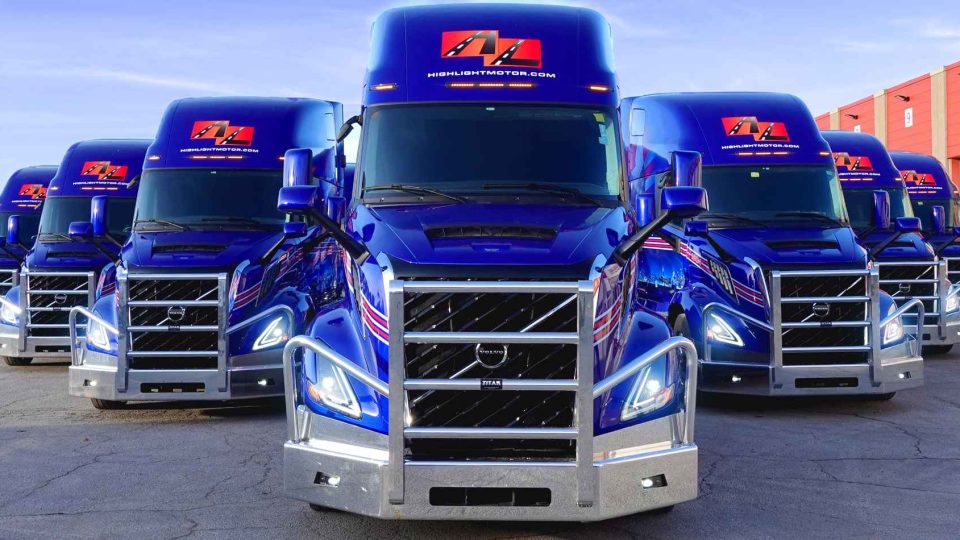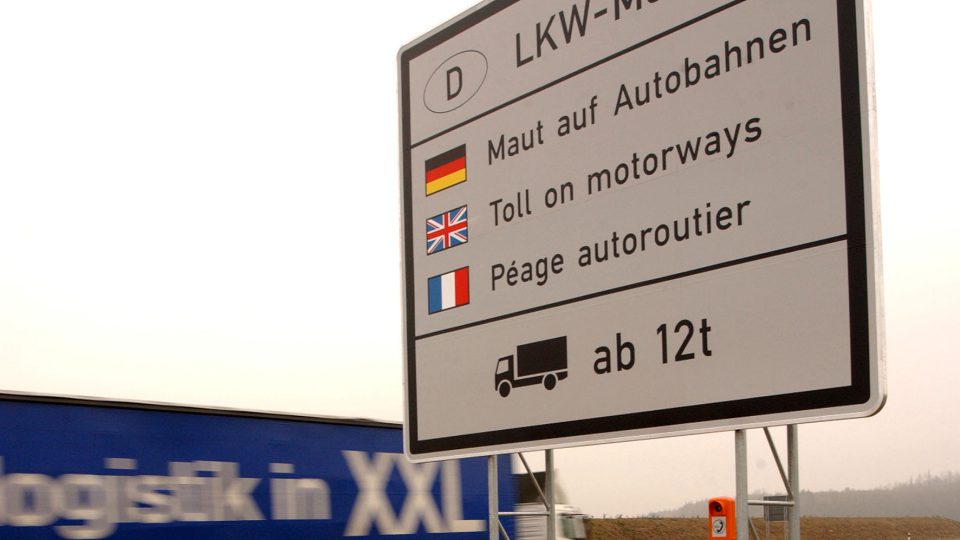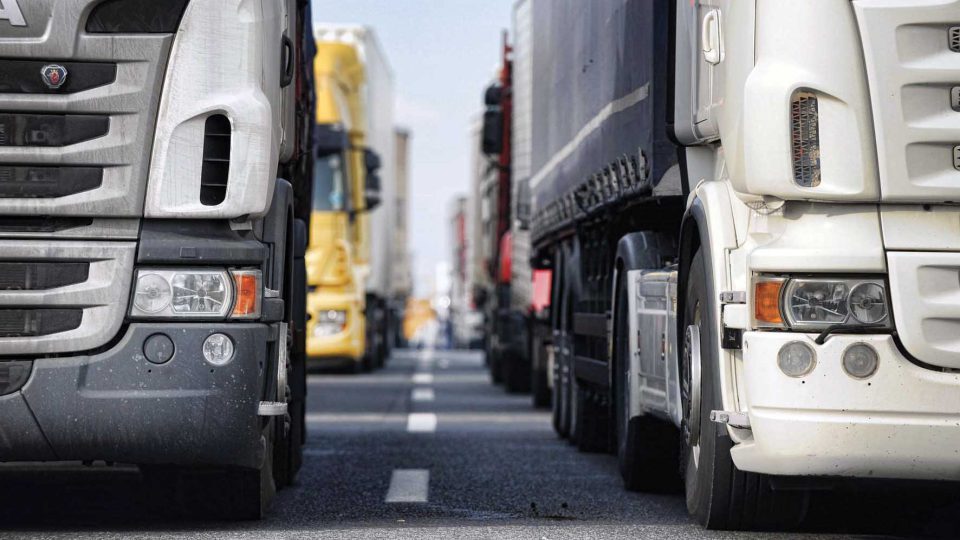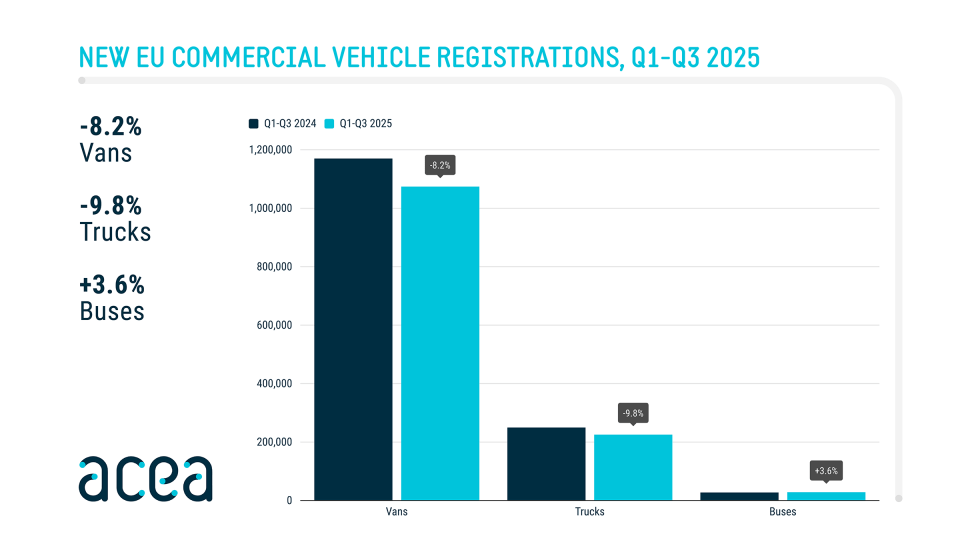Zero-emission transportation, the UK Government to back the sector with £2.5 bn investment
With the so-called DRIVE35 programme, the Government has the intention to commit £2 billion in funding to 2030 alongside an additional £500m for research and development to 2035, signalling a ten-year commitment to UK automotive innovation.
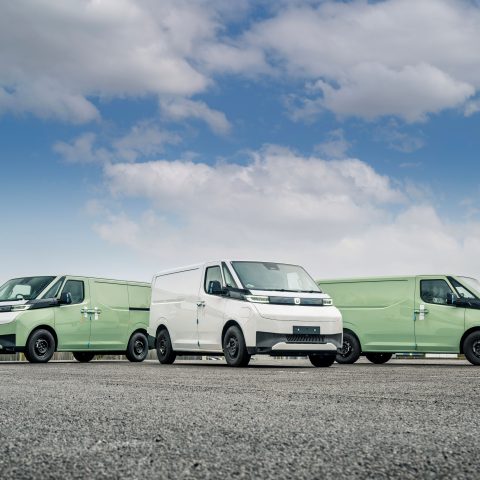
The UK Government intends to support the zero-emission transportation sector with £2.5 bn investment under the so-called DRIVE35 programme. In particular, the Government wants to operate via improved funding competitions among companies and actors working in sustainable transportation. According to the official website, “package forms part of the UK’s modern Industrial Strategy, which takes bold ambition to significantly increase business investment in the advanced manufacturing sector by 2035”.
More into details, the plan is to commit £2 billion in funding to 2030 alongside an additional £500m for research and development to 2035, signalling a ten-year commitment to UK automotive innovation. Talking mainly about passenger cars, according to the Government, the UK was also the largest EV market in Europe in 2024 and the third in the world with over 382,000 EVs sold – up a fifth on the previous year. There are now more than 82,000 public chargepoints in the UK – with one added every half an hour – ensuring that motorists are always a short drive from a socket.
The development and perspective of zero-emission transportation in the UK
DRIVE35 “will build on previous successes with the Automotive Transformation Fund (ATF) and the Advanced Propulsion Centre UK (APC) R&D competitions, which between them leveraged over £6 billion of investment from the private sector, creating thousands of jobs across the UK economy”.
“We’re helping British carmakers get to the front of the pack by working hand in hand with investors to build a globally competitive electric vehicle supply chain in the UK as we deliver our Plan for Change”, the UK Government stated in an official note.
“We’re taking action to back the industry for the future with the biggest set of announcements for the sector in the last decade. This includes securing a landmark trade deal with the US to bring down tariffs for British car manufacturers, measures in our modern Industrial Strategy to lower electricity prices and updating the ZEV mandate, supporting UK manufacturers to safeguard jobs, and secure the future of the sector”.



